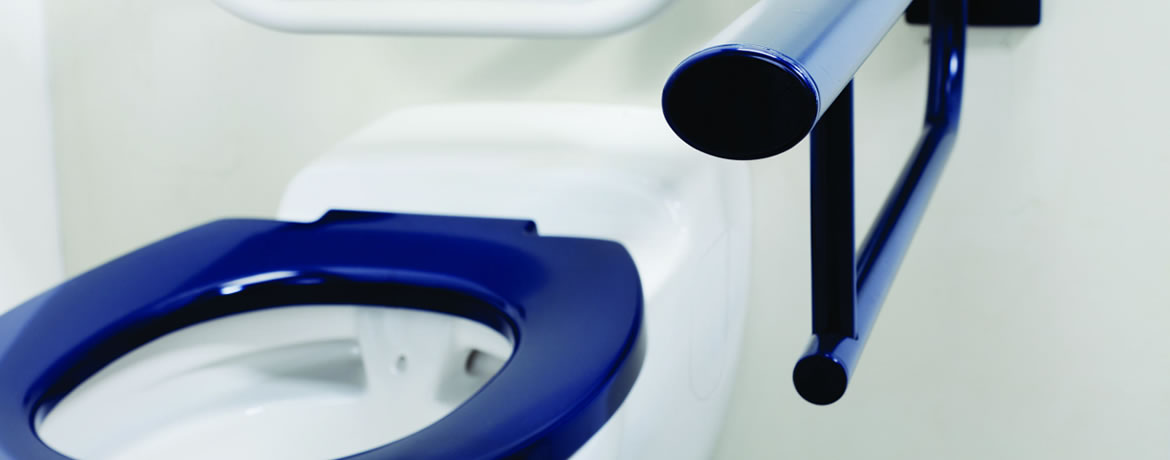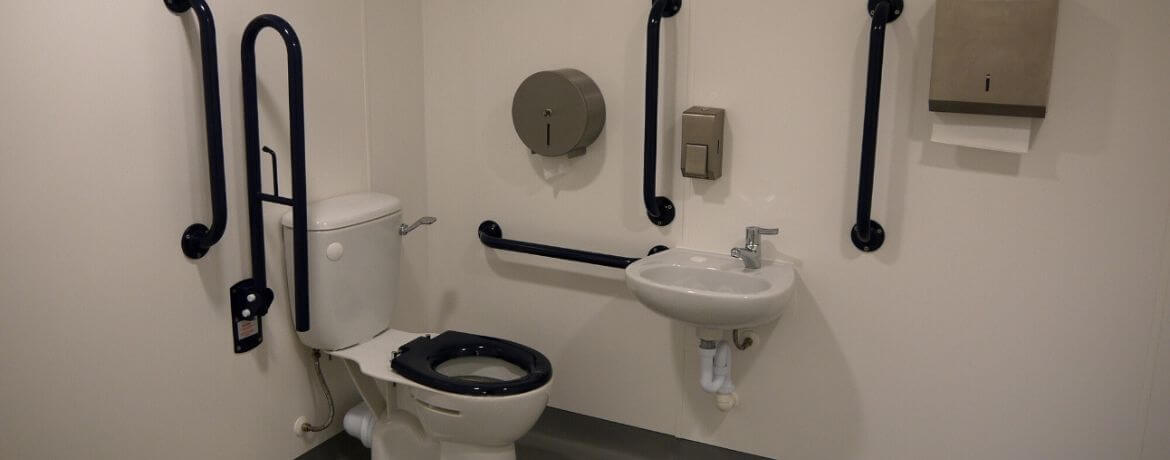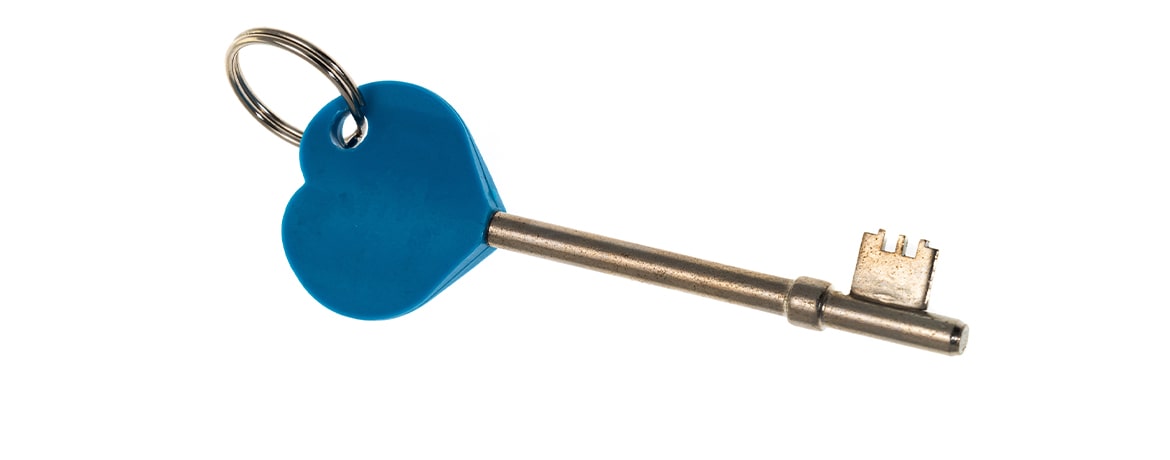Washrooms for Disabled & Vulnerable People
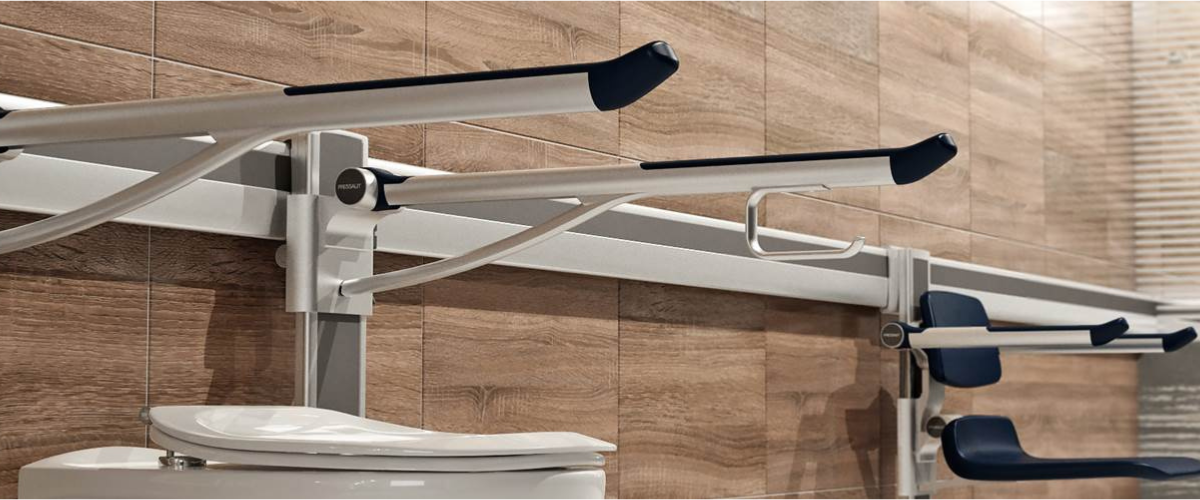
When looking at the usability of a commercial washroom, we need to determine the range of people who are likely to be using them. In recent months we’ve seen an increasing number of sectors make steps to addressing a variety of issues around vulnerable people.
While this is a broad term, it includes things such as temporary or permanent physical disabilities, as well as a wide range of mental and psychological issues such as autism, Aspergers, depression, Dementia and Alzheimer’s.
Within the realm of vulnerable people, you’ll also need to consider children and anyone who needs assistance or care from the community. The idea is to make the washroom as safe and as comfortable to the widest range of users possible. Working to a brief of this nature can actually make your washroom decisions much easier and help prevent unnecessary problems further down the road.
Reducing the noise from hand dryers
The loud active noise from many hand dryers can be very stressful for those living with autism and can also make it difficult for those suffering from Dementia or Alzheimer’s to concentrate. Low noise options can be fitted to help aid this, although paper hand towels are often a preferred option in environments where this posses a frequent issue.
Full height cubicles
Using full height cubicles gives the user much more privacy and can help them to feel more secure. This style of washroom cubicle also helps to reduce noise and dampens echoes reverberating through the room.
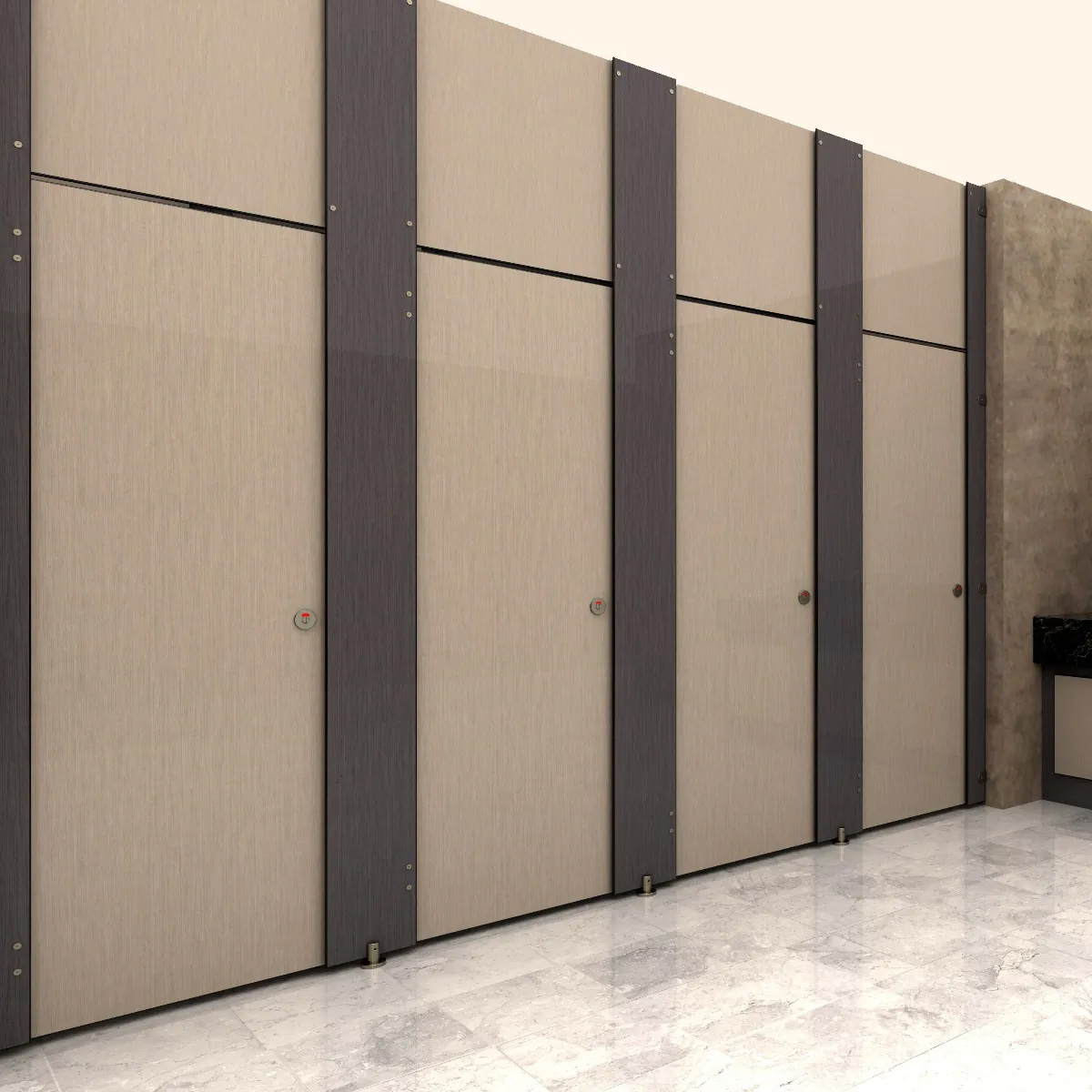

Anti-ligature features
If an item in the washroom has an anti-ligature feature, it means that they have been designed so that you can't hang a rope, string or cord from the fitting. This is particularly important in institutional settings like prisons, hospitals, and community centres, but also public washrooms. By using anti-ligature features, you remove the risk of users harming themselves.
Changing tables for adults
As well as offering changing facilities to parents with infants, it’s important to consider larger children, teenagers and adults that also need care and assistance when visiting the toilet. Many large public sites now incorporate a hoist and adult changing table. Washrooms like this are now recommended for all new sports and entertainment venues, railways, airports and shopping centres as well as large building developments. Read more on the Changing Places movement and how Commercial Washrooms is able to support the design, specification and supply of relevant products.
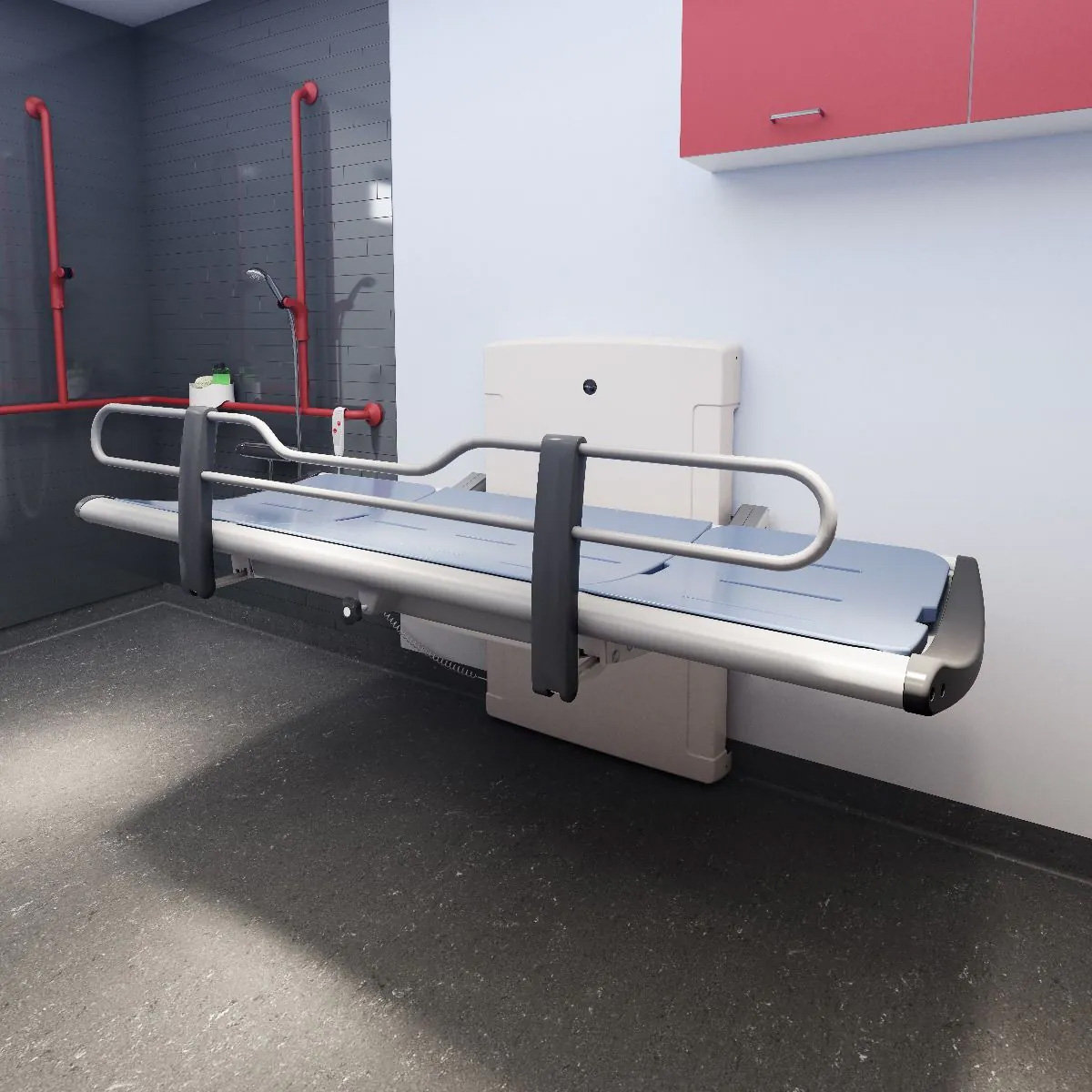

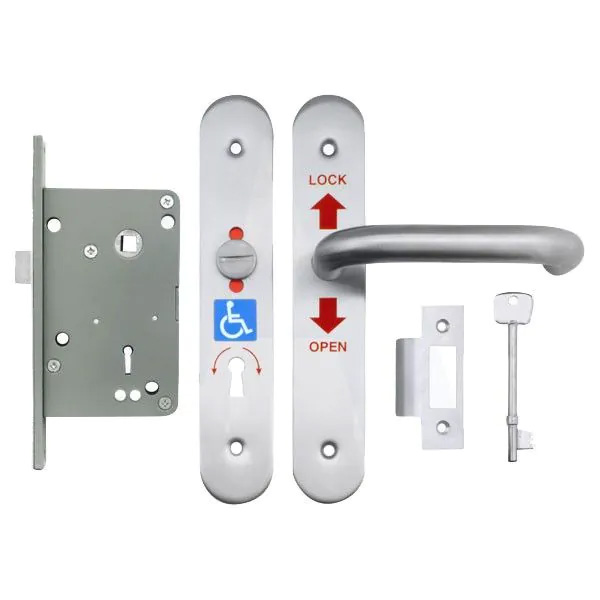

RADAR locks
Of course, with investment in items like adult changing tables, you might want to ensure your washroom is protected and not being misused. RADAR locks can be a sensible option here as access will only be permitted by a site manager, or by any of the registered RADAR key holders throughout the UK. These keys are only given to registered disabled and vulnerable users, allowing them access to over 14,000 disabled washrooms all over the country.
As always, our team are at the end of the telephone for all your queries and questions and have a wealth of knowledge they’re happy to share with you. So if you need some guidance, or would like to talk over your options, you can give them a call on 01202 650900.
Got a question? Get in touch
MORE TO EXPLORE IN Related Posts

Stature SGL Full Height Toilet Cubicles (Wet Area and High Abuse Range)

C-Fold/Multifold Hand Towel Dispenser
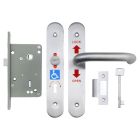
RADAR Disabled Door Lockset In Polished Aluminium
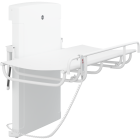
Pressalit 1000 Series Shower and Changing Table with Electric Height Adjustment



